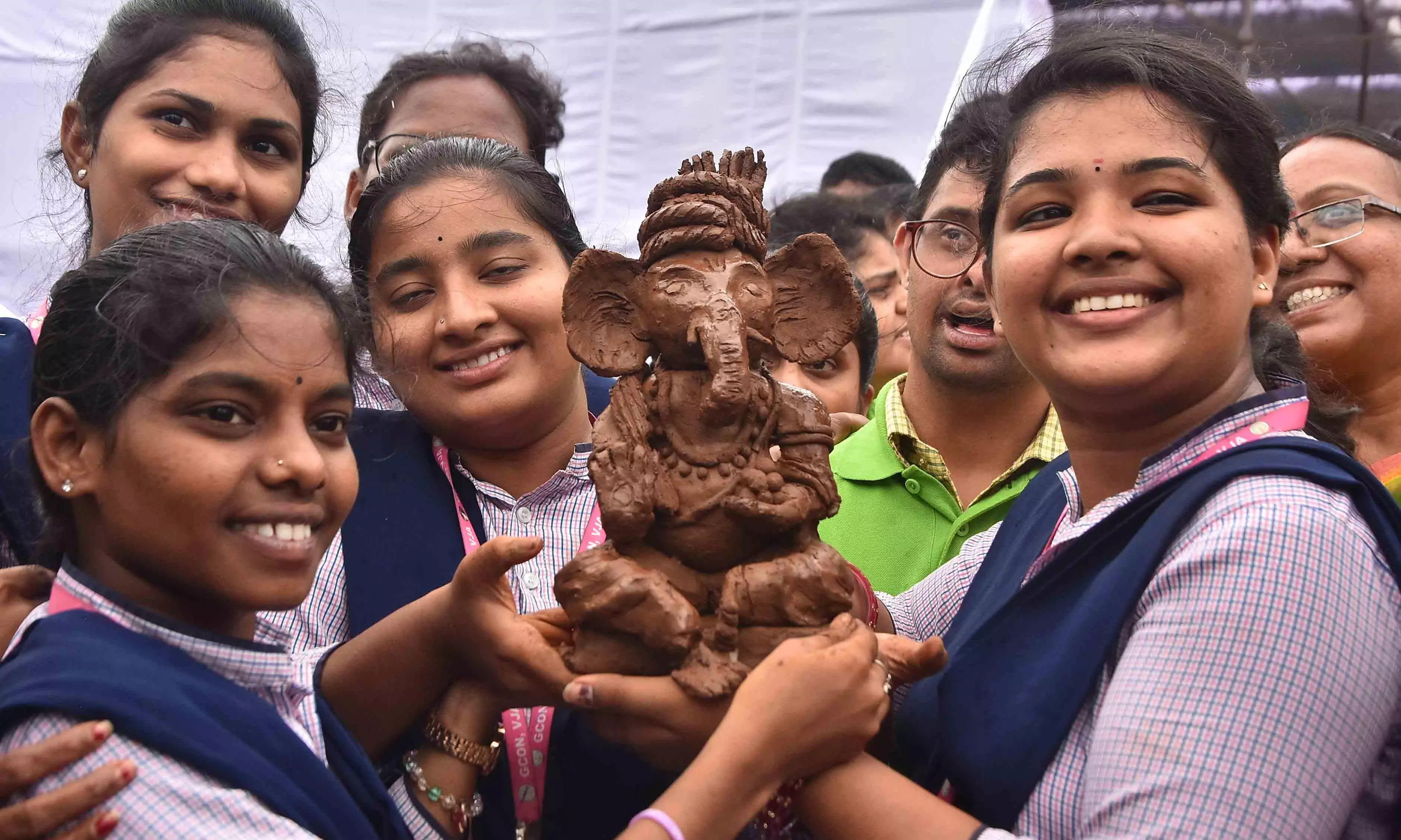She lived in an orphanage for four years after she was found abandoned at a railway station in Delhi, aged just two. Now 12, Saumya Escarré García-Solera is living a happy life with her adoptive parents in Spain, even harbouring a dream to play hockey.
Why not? For, it was a Spanish hockey legend who scripted this turnaround in the young Indian child’s life.

Juan Escarré, 54, who competed for Spain in three Summer Olympics, besides the Champions Trophy as well as the European Nations Cup, calls himself a South Asian hockey tragic. It was in 1996 that he first visited India as a player and “it felt like a pilgrimage”. Then in 2005, when he returned with his wife, he “fell in love with the country”.
This time, however, here as the Spanish men’s hockey team’s assistant coach for the Hockey Pro League in Odisha, Escarré says the trip feels a lot more personal. “It’s my daughter’s home.”
In the Spanish port city of Alicante, Saumya has grown to be “a happy child, funny and cheerful,” Escarré says, adding that his daughter has even started learning hockey.
His eyes moisten as he flips through the pictures of Saumya’s early days in Alicante — “going to the sea, stepping on the hockey pitch…” “And also the first day in the shower, she was looking at the water down while it was pouring from up.”
It wasn’t like that when he first met her six years ago. “Oh, she was terrified. Scared. But it’s understandable, too,” Escarré recalls, as he describes the long journey he and his wife, Gracia, undertook until they could give Saumya a family.
Escarré says the idea of adoption struck Gracia and him when they decided to have a bigger family after the birth of their daughter Martina. “We wanted to help somebody,” Escarré says.
Under the adoption process in Spain, one first has to choose the country from where the child would be. For Escarré, the choice was easy.
“It took us two seconds to pick India. And why not?” he says. Having played and lived in different cities, from Chennai to Chandigarh to HyderabadEscarré felt “comfortable in India’ and had “very good” friends here. And then, there was hockey.
 Saumya Escarré playing hockey in in Alicante, Spain. (Photo credit: Juan Escarré)
Saumya Escarré playing hockey in in Alicante, Spain. (Photo credit: Juan Escarré)
“I am an absolute fan of the playing style of India’s hockey team and also of Pakistan,” he says. “I like to think India has had a big influence on my game and also my life. And then, when I came with my wife here, together we fell in love with the country.”
But the adoption process was “long and not so nice”. For two years, he says, the couple received no response from the agencies involved. Just when they had given up hope, Escarré says, he got a call. “They said there was a ‘match’.”
Within no time, Escarré, his wife and Martina were on a flight to New Delhi where they met Saumya at the orphanage. “She was six years old then. The only thing we know about her past is that they (the orphanage staff) found Saumya at a train station in Delhi when she was two years old,” Escarré says, recalling how the family of four spent the day at a hotel in the Capital, where Saumya smiled for the first time.
The new life in a new country with new people was initially tough for Saumya, Escarré says, and Martina, her elder sister, played a big role in her integration. “Now they fight every day like sisters do,” Escarré says.
When asked if Saumya remembers her life in India, Escarré says Saumya is “really young and doesn’t want to talk about the past”. But he knows that as she gets older, Saumya will get curious. It doesn’t worry him, though, for the family is “emotionally attached”. Instead, the hockey stalwart is consumed by another thought.
“I am worried because my daughter doesn’t want a Spain (hockey) t-shirt!” he laughs.
And so, Escarré will return to Spain with a special gift: an Indian hockey jersey, given by coach Craig Fulton and signed by the players.
“I have to send a picture to Craig and (Indian women’s player) Udita – I have to thank her,” Escarre says. “It’s a special gift for a very special child.”







